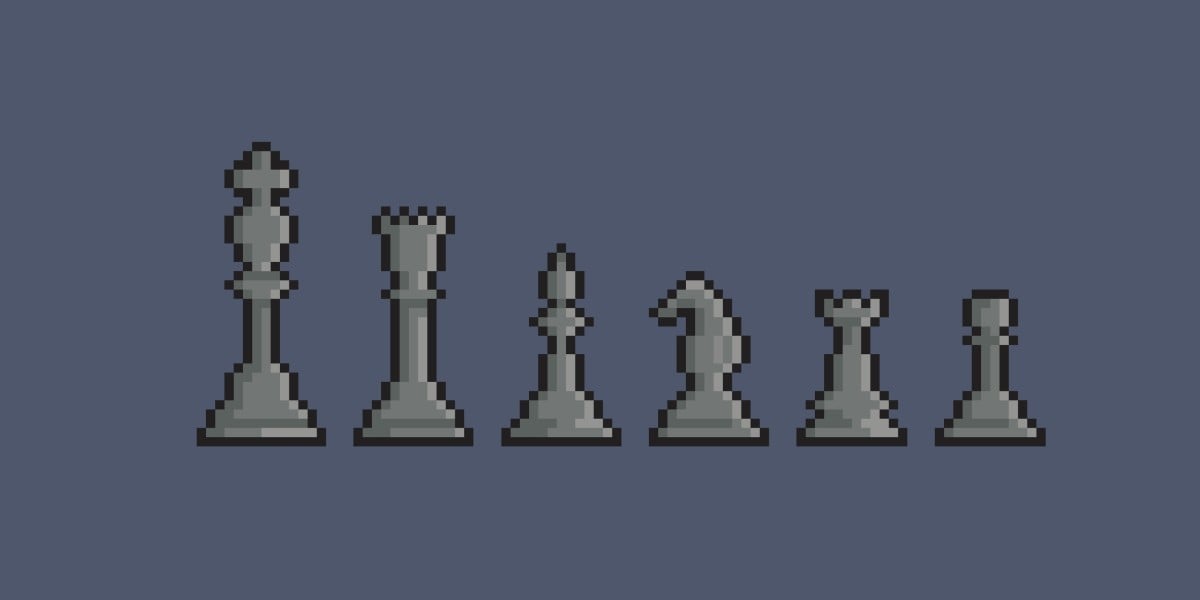Google’s Gemini chatbot declined to play Chess against the Atari 2600, after learning the vintage gaming console had already vanquished other AIs.
Robert Caruso, the infrastructure architect who pitted Atari Chess and its feeble hardware against ChatGPT and Microsoft Copilot, told The Register readers have asked him if Google’s Gemini could do any better.
“The question intrigued me because, while ChatGPT and Copilot are cousins built on the same OpenAI base, Gemini is a completely different beast,” he told The Register. “Google built it from the ground up, claiming it’s a game-changer for AI — boasting what it calls a new ‘multimodal’ large language model designed to reason better than its rivals. So I sat it down for a ‘pregame talk’ to see how confident it was feeling.”
Gemini first told Caruso it would almost certainly dominate Atari Chess “because it is not a mere large language model.”
Caruso said the bot told him it is “More akin to a modern chess engine … which can think millions of moves ahead and evaluate endless positions.”
Those boasts came complete with links to stories about Caruso’s past Atari Chess vs. general purpose chatbot matches.
He responded by informing Gemini he ran those matches, and the AI responded by asking “Did you have any particularly surprising or amusing moments during those matches that stood out to you?”
Caruso told The Register he sent the following response:
Caruso told The Register Gemini then admitted it hallucinated its Chess prowess, and replied with an assessment that it would “struggle immensely against the Atari 2600 Video Chess game engine.”
It then decided “Canceling the match is likely the most time-efficient and sensible decision.”
The simulated Atari 2600 Caruso uses – which replicates its 1.19MhZ processor and mere 128 bytes of RAM – therefore scared off Gemini without moving a pawn, meaning the ancient machine has beaten hordes of GPU-packing monster computers.
Caruso was impressed by Gemini’s ability to recognize its limitations.
“Adding these reality checks isn’t just about avoiding amusing chess blunders. It’s about making AI more reliable, trustworthy, and safe – especially in critical places where mistakes can have real consequences,” he told The Register. “It’s about ensuring AI stays a powerful tool, not an unchecked oracle.” ®
